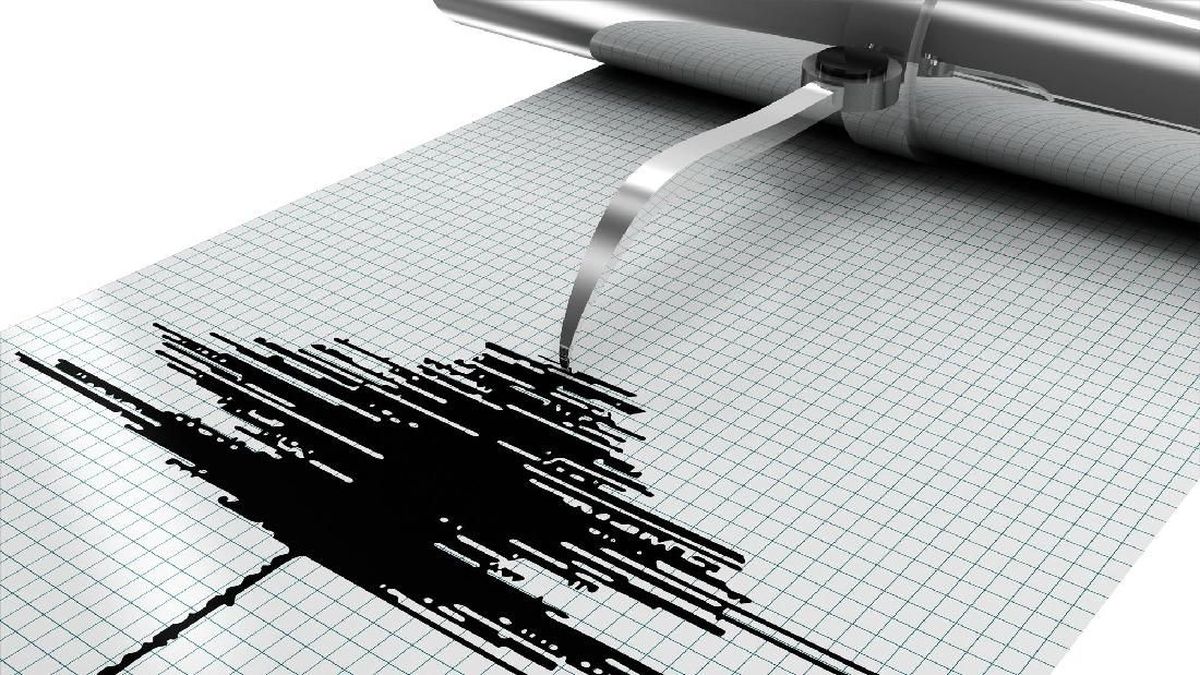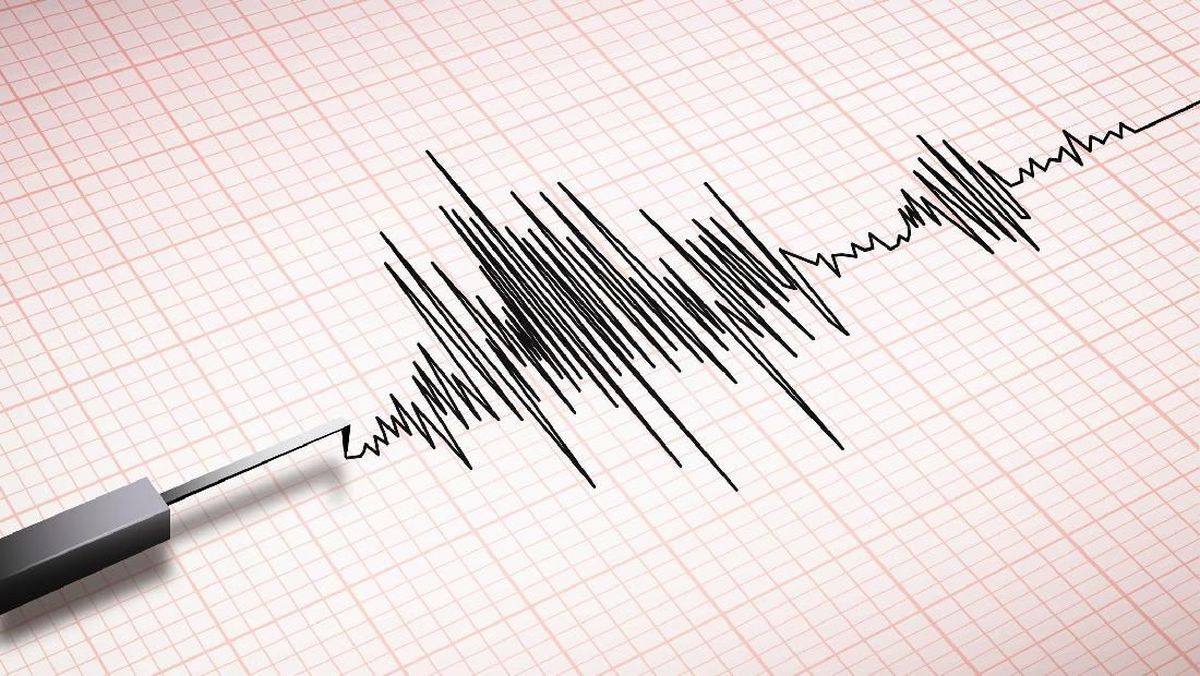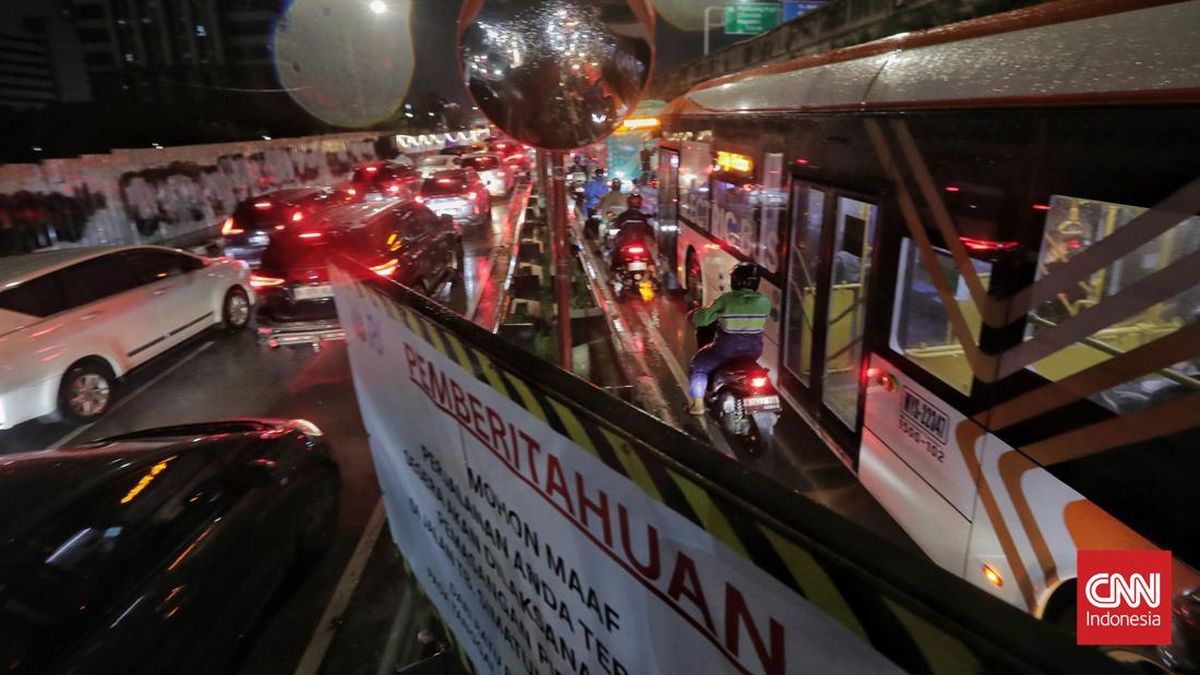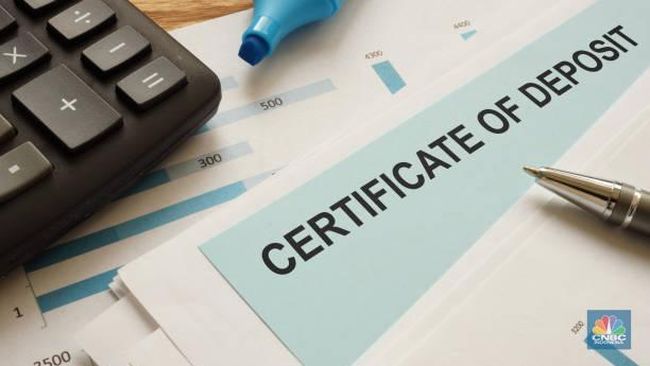
Walmart is the latest retailer to say we should prepare for higher prices as President Donald Trump's tariff effects begin to take its toll. The retail giant's CEO, Doug McMillon, said on last week's earnings call that the store would be raising prices on food, electronics and toys within weeks, citing tariffs as the culprit.
Early this month, President Trump made a temporary 90-day truce with China to lower its 145% tariff rate to 30% on goods and products sent to the US. Walmart, the largest importer of container goods in the US, is still impacted by the lower tariff rates as 60% of its imports come from China.
McMillon also noted that tariffs on countries like Colombia, Costa Rica and Peru will add price pressures on food imports, including avocados, bananas and coffee.
Walmart responded to a request for comment from CNET with a summary of its first-quarter earnings report. "We are focused on the long-term. What history tells us is that when we lean into these periods of economic uncertainty, Walmart emerges on the other side with greater share and a stronger business," the emailed statement read.
US shoppers are already feeling the sting of higher prices afters years of high inflation and high interest rates. I talked to a financial expert to find out how you can plan on Walmart's price hikes without losing control of your budget.
Why are prices so high?
Although consumer prices only rose 2.3% annually in April, the slowest pace in years, experts have said the effects of the tariffs have not caught up yet.
Economists fear that widespread uncertainty around trade policy and the possibility of higher inflation will drive down demand, forcing businesses to pull back on investment and cut costs. That can have a ripple effect that weakens the broader economy. On Monday, the Federal Reserve released a statement on the economic outlook. Federal Reserve Governor Adriana Kugler said the nation is "likely to experience lower growth and higher inflation," adding that "there could also be significant effects on productivity" over time that lower economic activity across the country.
In the past few months, economists have warned that the combination of higher inflation and lower economic growth could create a stagflation scenario. The administration's on-again, off-again tariff agenda is likely to have a volatile effect on consumer prices and spending patterns in the near future. You can monitor daily changes with our CNET tariff price tracker and check out this guide if you need advice on whether to buy or wait to buy popular tech items.
Watch this: Should You Buy Now or Wait? Our Experts Weigh In on Tariffs
09:42
Skip panic-buying and do this instead
Panic about product shortages and higher prices have left many wondering if they should hoard products now to avoid tariffs later. It may be tempting to stock up on items you think may see price increases but Samuel Molina, an accredited financial coach and CEO of The Academy of Financial Education, advises against panic-buying.
"Focus only on purchasing necessary items. I don't recommend buying anything you don't truly need," said Molina. Instead, Molina recommends listing your essentials and looking at your budget carefully before shopping to avoid overspending.
If you were planning on spending extra to hoard on everyday items, Molina has another tip. He suggests using the money you would put toward these extra purchases to help shore up your finances.
"I recommend asking yourself how much you can reasonably save from each paycheck and putting that amount into a high-yield savings account or a money market account," said Molina.
A high-yield savings account offers more than 10 times the interest rate of a regular savings account. Although savings rates have dropped in the past year, you can still find many with rates above 3% APY -- and a few above 4% APY. Putting your extra money here can help you earn additional interest on your savings, while helping you build a rainy day cushion, to avoid relying on expensive credit cards or loans if a surprise expense pops up.

Dashia is the consumer insights editor for CNET. She specializes in data-driven analysis and news that intersects personal finance, tech and consumer sentiment. Dashia investigates economic shifts and everyday challenges to help readers make well-informed decisions. She covers a range of topics, including technology, security, energy and money. Dashia graduated from the University of South Carolina with a bachelor's degree in journalism. She loves teaching spinning, baking and spending time with her family.

 3 months ago
29
3 months ago
29
















































